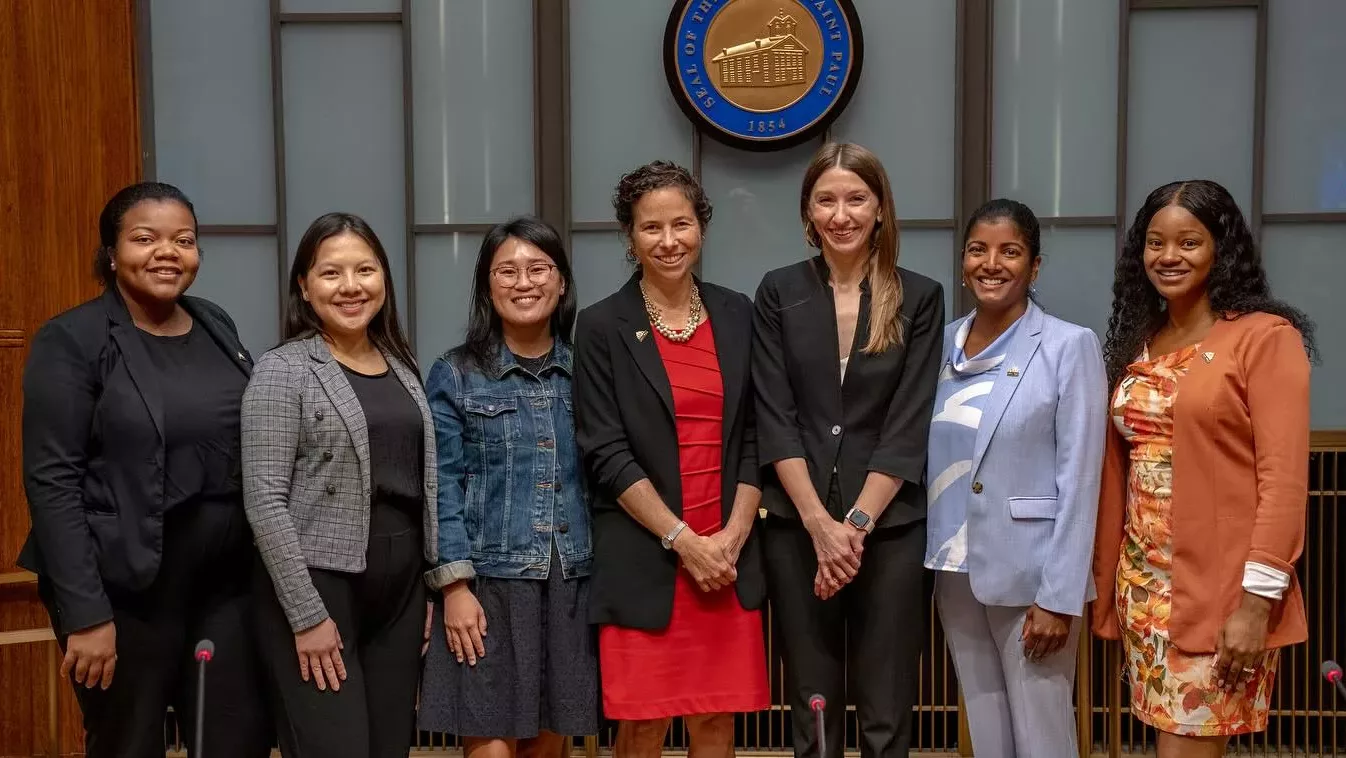By Yaroslav Owens-Pochinka, MD
Zombies, skeletons and vampires rise once more. Homes transform into haunted graveyards, crawling with spiders and bats. Spooky season is officially here! While ghosts and ghouls mingle with princesses and superheroes, one villain quietly dominates the night: sugar. Sneaking into party spreads, festive treats and trick-or-treat bags, sugar becomes a central player in discussions about health, especially for those managing diabetes.
Although new medications for blood sugar control continue to hit the market, nutrition remains a cornerstone of diabetes care. Halloween should be about guessing your coworker’s costume, not worrying about your blood sugar levels. Fortunately, Medical Nutrition Therapy (MNT) offers a practical, evidence-based lifestyle approach to managing diabetes, even during the most sugar-laden holidays. Instead of rigid dieting, MNT encourages mindful eating, smart planning and balance.
The human body loves sugar, it is in almost everything we eat. But not all sugar is created equal. Simple sugars like those found in candy are absorbed quickly, causing rapid blood sugar spikes. In contrast, complex carbohydrates, like whole grains, fruits and vegetables, take longer to digest thanks to their fiber content. These slower-digesting options support steadier blood sugar and long-term health.
Much like finding the perfect Halloween costume, choosing what to eat can be tricky. Completely avoiding holiday treats is easier said than done. Instead of skipping the vampire-themed cake altogether, plan ahead. For example, eat a fiber-rich, balanced meal before heading to the party, you’ll be less tempted by those werewolf brownies when you’re already full and satisfied.
Halloween doesn’t end when the party does. Leftover candy from the office or your child’s trick-or-treat haul can become a lingering temptation. Sneaking a piece here and there may seem harmless, but frequent small sugar spikes can add up, making blood sugar management harder over time. A better strategy? Practice portion control. Choose your favorite treat and plan to enjoy it earlier in the day to avoid mindless snacking. Set aside a few pieces and savor them intentionally instead of grabbing from the candy bowl every time you pass it.
So, you have eaten a nutritious meal, picked your treat and made a plan. But now you face a new Halloween horror: alcohol. While nationwide drinking rates are on the decline, Minnesota continues to rank among the top states for alcohol consumption. 58.4% of adults reported drinking in 2023. Alcohol may seem like a harmless addition to the celebration, but it can have serious health effects, both immediate (like accidents) and long-term (like liver and heart disease). For people managing diabetes, alcohol poses a unique challenge. While it does provide energy like sugar, it disrupts how the liver processes blood sugar. Alcohol can “trick” the liver into thinking blood sugar levels are too low, putting extra stress on the vital organ. Limiting or avoiding alcohol during Halloween festivities can help support both your health and your nutrition goals.
Physical activity is a key part of MNT. Exercise helps lower blood sugar levels and improve insulin sensitivity. But, you don’t need to be Suni Lee performing flips to benefit. A simple brisk walk around the neighborhood after a meal can make a big difference. In fact, studies show that walking after eating can improve blood sugar control and even support weight management. It’s a great way to admire your neighbors’ decorations while squeezing in some steps. Just 30 minutes of light activity can boost your health and keep your Halloween happy—and healthy.
By planning ahead, choosing snacks mindfully, controlling portions, limiting alcohol, and staying active, you can enjoy a fun and festive Halloween without letting your health goals vanish into thin air. With a little intention and a touch of moderation, your Halloween can be both spooktacular and smart.
Dr. Owens-Pochinka is a physician at Allina Health United Family Physicians, 233 Grand Ave, St. Paul, 55102, 651-241-5200.








Leave a Reply